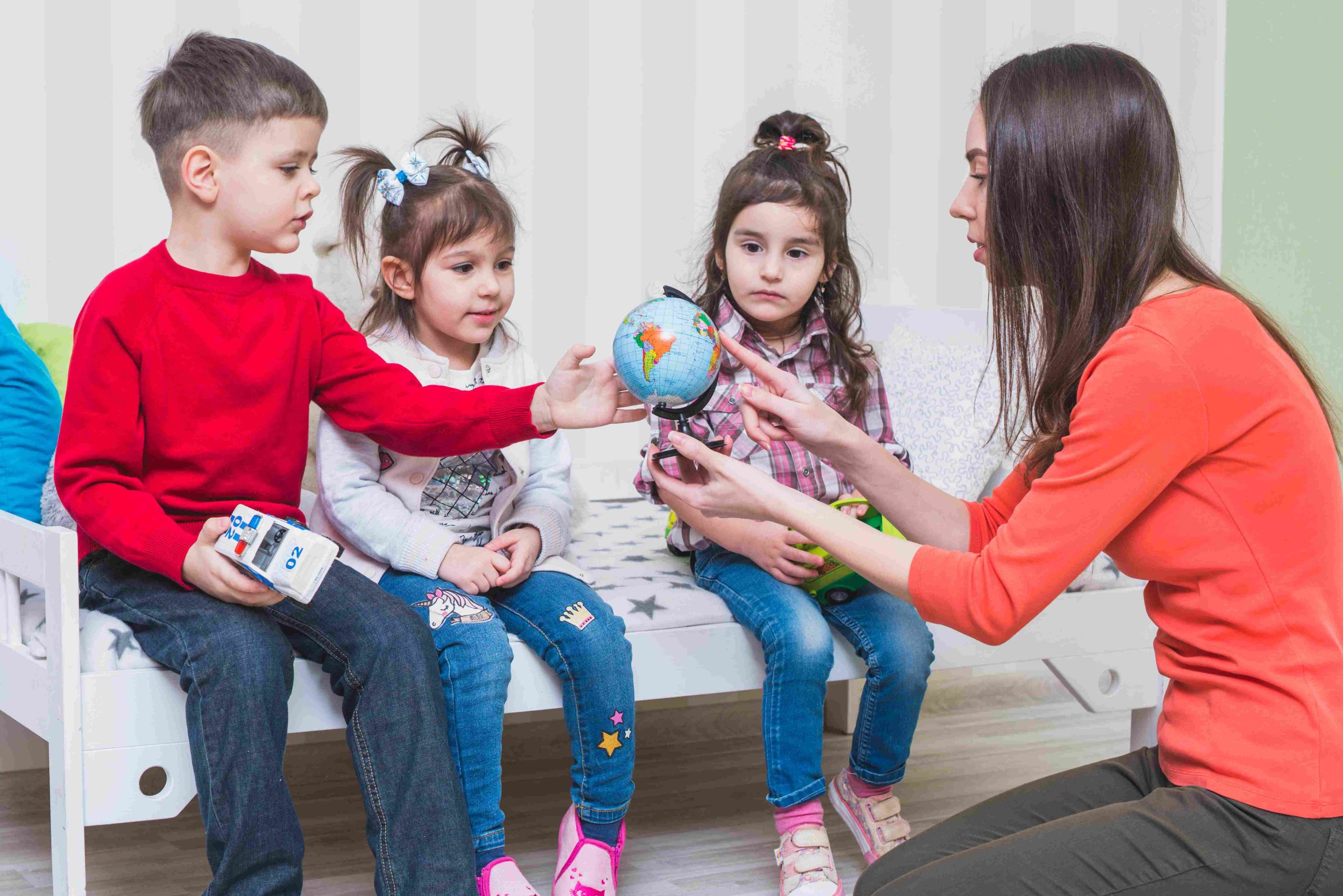
Enhancing Preschoolers’ Social and Emotional Well-being through High-Quality Education
Introduction
We aim to cultivate well-rounded, healthy, and socially adept individuals in society. Achieving this objective necessitates adequate funding, especially in the early years, to support the development of preschoolers. This article delves into the critical role of high-quality preschool education in shaping the emotional and social well-being of young learners.
What is Social-Emotional Development in Preschoolers?
Social-emotional development encompasses the acquisition of social skills and emotional control, vital components of a child’s overall growth. It involves learning to manage emotions, foster relationships, and engage in pro-social behaviors such as sharing and collaboration. Early encouragement of social-emotional development is paramount as it lays the foundation for future academic and personal success.
The Impact of Preschool Education on Social-Emotional Development
Research indicates that preschoolers enrolled in high-quality programs demonstrate superior social-emotional abilities compared to their counterparts in low-quality programs. High-quality preschools provide a safe and stimulating environment conducive to social and emotional growth through play-based learning and individualized attention. Conversely, inadequate resources in low-quality programs may hinder social-emotional development, posing challenges to future success.
Benefits of High-Quality Preschool Programs
High-quality preschools offer numerous advantages for social-emotional development, including nurturing environments, evidence-based strategies, and opportunities for skill acquisition. These programs facilitate the development of essential social skills, emotional regulation, and positive behavior, setting the stage for improved mental health and academic achievement.
Challenges and Strategies for Supporting Social-Emotional Development
While supporting social-emotional development in preschoolers presents challenges such as limited resources and cultural barriers, educators and parents can employ various strategies to overcome these obstacles. Creating supportive environments, modeling positive behaviors, and promoting cultural sensitivity are effective approaches to fostering healthy social-emotional development in young learners.
Conclusion
In conclusion, high-quality preschool education plays a pivotal role in shaping the social and emotional well-being of preschoolers. By prioritizing social-emotional development and implementing effective support strategies, educators and parents can ensure that every child receives the necessary foundation for success in school and beyond.

